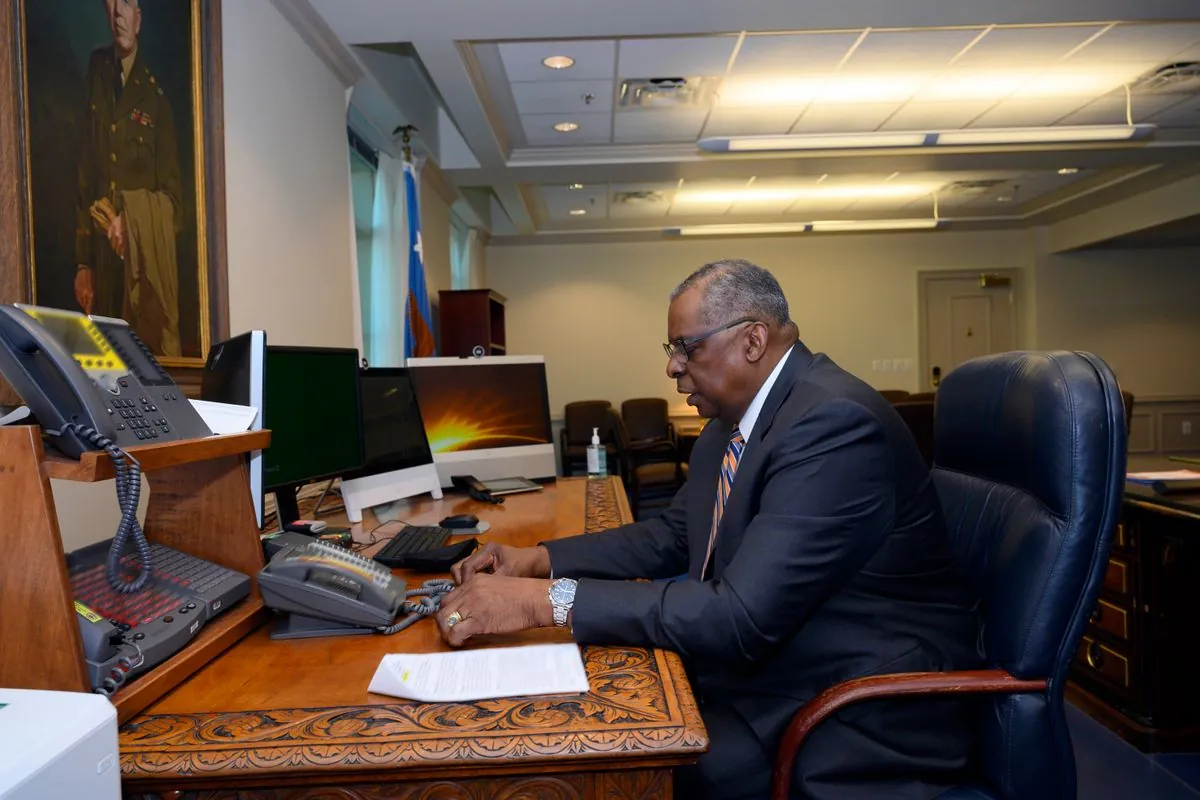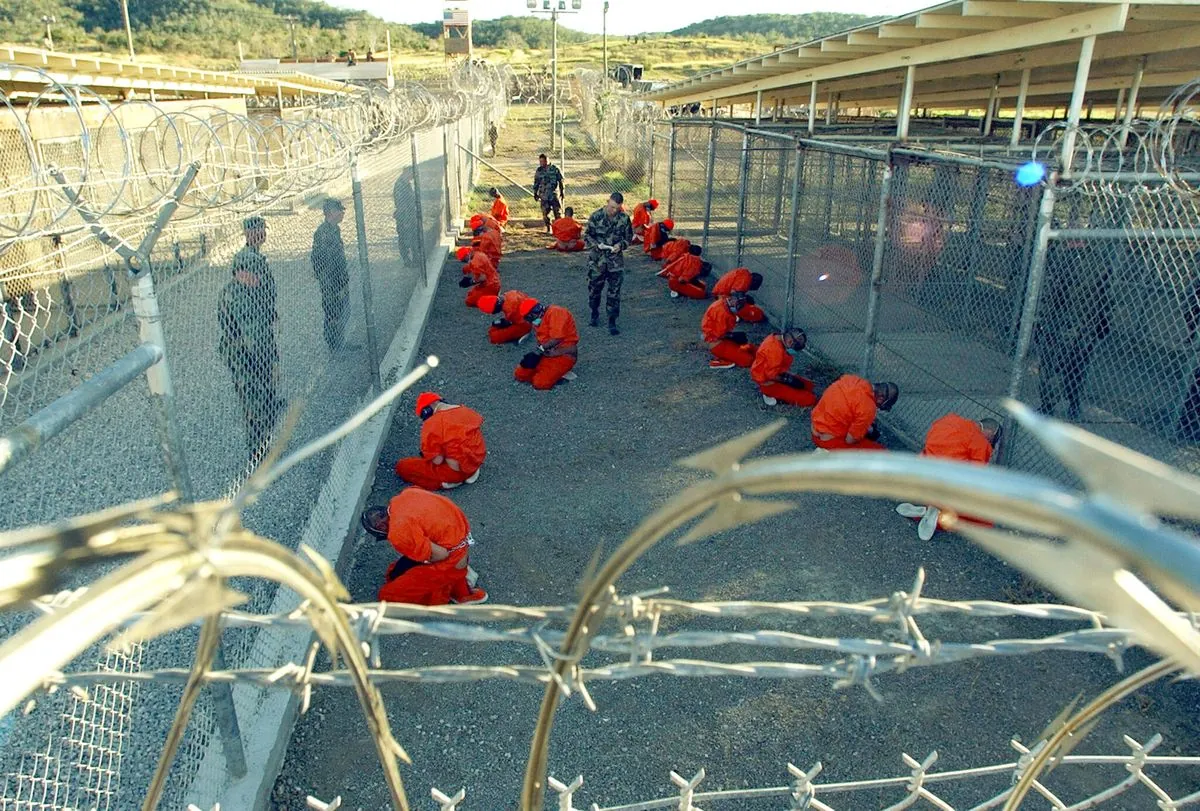Pentagon Chief's 9/11 Plea Deal Reversal Sparks Legal Scrutiny
Defense Secretary Lloyd Austin's decision to rescind plea agreements for 9/11 plotters faces judicial review. The move reignites debates over Guantánamo military commissions and prosecution challenges.

The legal proceedings against the alleged orchestrators of the September 11, 2001 attacks have taken a new turn, as Air Force Col. Matthew McCall, the presiding military judge, prepares to examine the legality of Defense Secretary Lloyd Austin's decision to rescind plea agreements for the accused. This development has reignited discussions about the complexities surrounding the Guantánamo Bay military commissions and the challenges in prosecuting those responsible for the deadliest attack on American soil.
The case centers around Khalid Sheikh Mohammed, considered the principal architect of the 9/11 attacks, and two other defendants, Walid bin Attash and Mustafa al-Hawsawi. The trio stands accused of plotting the attacks that resulted in the deaths of 2,977 people, excluding the 19 hijackers. The recent plea agreements, which would have spared the defendants from the death penalty, were abruptly terminated by Austin on August 2, 2024, just days after their announcement.

The Guantánamo Bay detention camp, established in 2002 by the Bush administration, has been a subject of controversy since its inception. The military commissions, created by the Military Commissions Act of 2006, have faced criticism for their perceived lack of due process and the use of enhanced interrogation techniques on detainees. Over the years, the facility has held nearly 800 detainees, with only a few dozen remaining today.
Austin's intervention has drawn mixed reactions. Some victims' families have praised the decision, while critics argue it further complicates the already prolonged legal process. The military commissions have been plagued by disputes over government secrecy, conflicts of interest, and allegations of torture, leading to numerous delays in bringing the cases to trial.
"The families of the victims, our service members and the American public deserve the opportunity to see the cases go to trial."
Legal experts have raised concerns about the propriety of Austin's actions. Eugene Fidell, a military justice expert at Yale Law School, assessed the termination of the plea deals as "illegal," stating that the agreements were already finalized. David Glazier, a law professor at Loyola Marymount University, predicted that Austin's intervention would cause significant additional delays and raised questions about potential unlawful command influence.
The 9/11 attacks led to the U.S.-led War on Terror, which has had global implications and resulted in prolonged military engagements. The cost of operating the Guantánamo Bay detention facility has been estimated at hundreds of millions of dollars annually, adding to the controversy surrounding its continued operation.
As the legal proceedings continue, the case remains a focal point of debates over national security, justice, and human rights. The Supreme Court has ruled on several cases related to the rights of Guantánamo detainees, highlighting the complex legal landscape surrounding these issues.
With the deadline for prosecution and defense to submit written briefings set for August 20, 2024, and the upcoming presidential election in November, the case is likely to remain in the spotlight. The ongoing challenges in prosecuting the 9/11 cases underscore the difficulties in balancing national security concerns with principles of justice and due process.


































